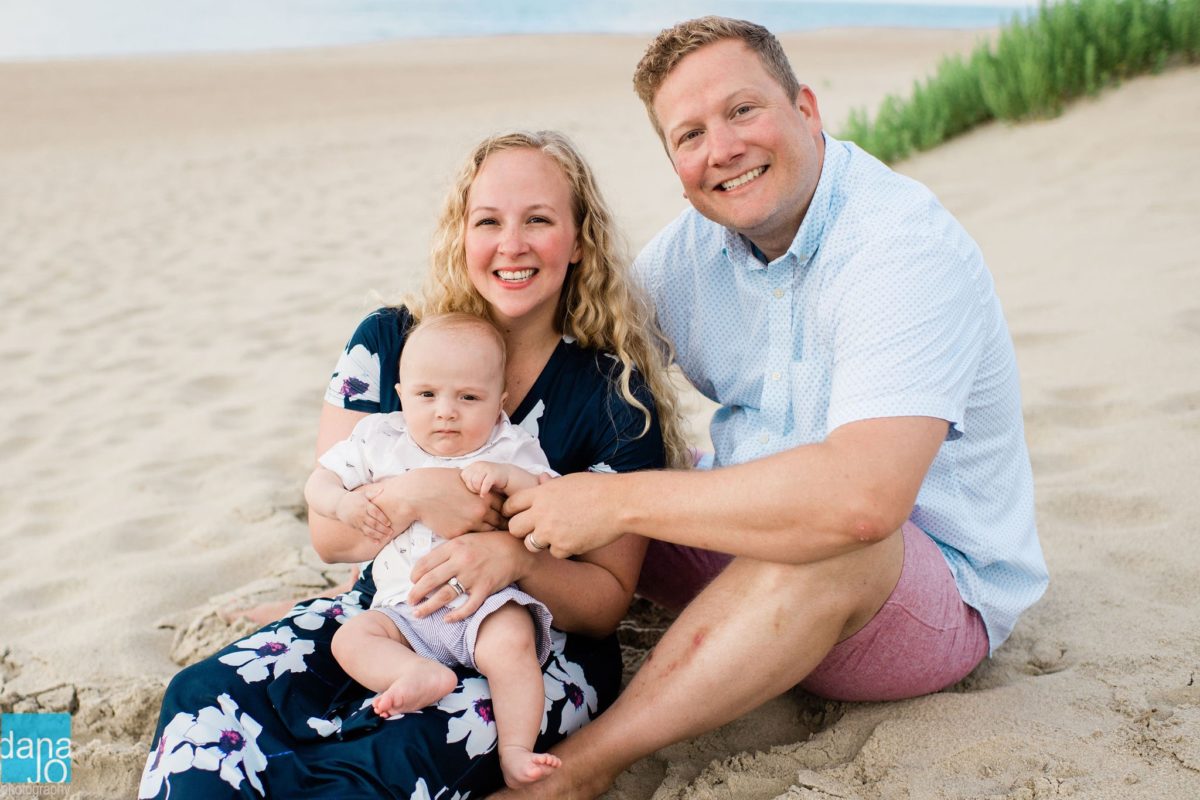
Women now outnumber men in medical school, but some specialties still have a wildly lopsided gender mix. So it was actually kind of a big deal when Saint Thomas hired a new heart surgeon this year — the hospital’s first woman.
In the busy halls of Saint Thomas Midtown, Dr. Amber Edwards describes the basics of the bypass surgery she’s about to perform. Then a hospital staffer stops her at the door.
“I’m the surgeon,” she says politely. The staffer apologizes, then comes back to ask forgiveness again.
“That’s every day,” Edwards says. “I obviously don’t think those people have any ill intentions. I’m also young, and I look younger than I am — thank god — and I’m a woman.”
According to the latest surveys, 94% of practicing heart surgeons are men — and that’s less than in the past. Women in medicine have historically gravitated to pediatrics or gynecology, not open heart surgery.
“You know, it’s life-or-death decisions, life-or-death surgeries,” she says. “The hours are crazy.”
Meetings before 6 a.m. Two, 4-hour operations a day. Prep and follow up with the patients. Weekends on-call.
Edwards says she was warned as soon as she showed interest. It wasn’t overt chauvinism, for the most part, just statements of fact. “You’ll be the only woman wherever you go.”
And that was true at every place that offered her job after her training.
‘We’ll Take The Pearl Jam’
During a recent bypass surgery, Edwards asks her assistant to cue up her Pearl Jam playlist before the first incision.
But even grunge rock isn’t loud enough to cover the unsettling sounds associated with sawing open a chest. Edwards cuts the music during the critical moments when they have to stop the heart. It’s those delicate parts she says she loves — stitching an artery taken from this man’s arm to get around a blockage.
Edwards’ colleagues say she has some of the steadiest hands in the hospital. They’re also small. Generally, she says her size puts her a disadvantage. She usually has to stand on a stool, and she has to use two hands for some tools designed to be used with one.
There’s this final stage where she wires the chest back together.
“I frequently joke that this is why women don’t go into this field — it’s because it’s so difficult to cut those wires,” she says. “I just did this beautiful heart surgery, and now I look like an idiot trying to cut these wires because my hands are too small.”
Of course, oversized tools aren’t what actually keeps women from surgery. Often, it’s the delicate topic of family planning.
Dr. Melissa Levack across West End Avenue at Vanderbilt University Medical Center is one of the small sorority of women heart surgeons in the entire state of Tennessee. She decided to freeze some of her eggs as a precaution, since she wouldn’t finish the lengthy training until her late 30s — when childbearing often becomes more complicated.
“It’s an important conversation, and we’re starting to talk about it more and more,” Levack says.
‘I Understand This Job Is Not Built For Women’
 courtesy Saint Thomas
courtesy Saint ThomasWhen Saint Thomas Heart hired Dr. Amber Edwards, the announcement include this photo of her young family.
For Edwards at Saint Thomas, she learned the hard way why heart surgeons don’t usually have children during their intense residency and fellowships. In her final year of an accelerated training program, she became pregnant. The American Board of Thoracic Surgery wasn’t sure what to do. She expected three months off. She got one.
“I was so tired during that time,” she says. “I remember being angry, because the change in the leave. And I told them, I understand this job is not built for women, and I know that there is some work to do. But I just need to plan my life around it.”
The parenting challenge didn’t stop when she was more in control of her own schedule as a board-certified heart surgeon. She and her husband decided he would stay home with their infant. They check in a few times each day via FaceTime so she can see her infant son.
Edwards says her husband is the only reason she can be a mother and a devoted surgeon. And that’s a problem, says Dr. Evelio Rodriguez.
“We know that the longevity of our field is in danger,” he says.
Rodriguez hired Edwards, whom he met at East Carolina University. As a first-year medical student, she would skip class to come watch his heart surgeries. He became a mentor.
When the Saint Thomas heart surgeons — all men — wanted to expand their group, Rodriguez says they sought out a woman. He sees the lack of women not so much as a diversity problem but as a matter of attracting talent, especially now that more than half the students in medical school are women.
“You want to get the best of the best, and you only limit yourself to 50% of them?” he says. “In the end, you’re going to lose, because you’re not going to get the best of the best all the time.”
Rodriguez says it will require making the career more conducive to family life, which even new male surgeons might welcome.

